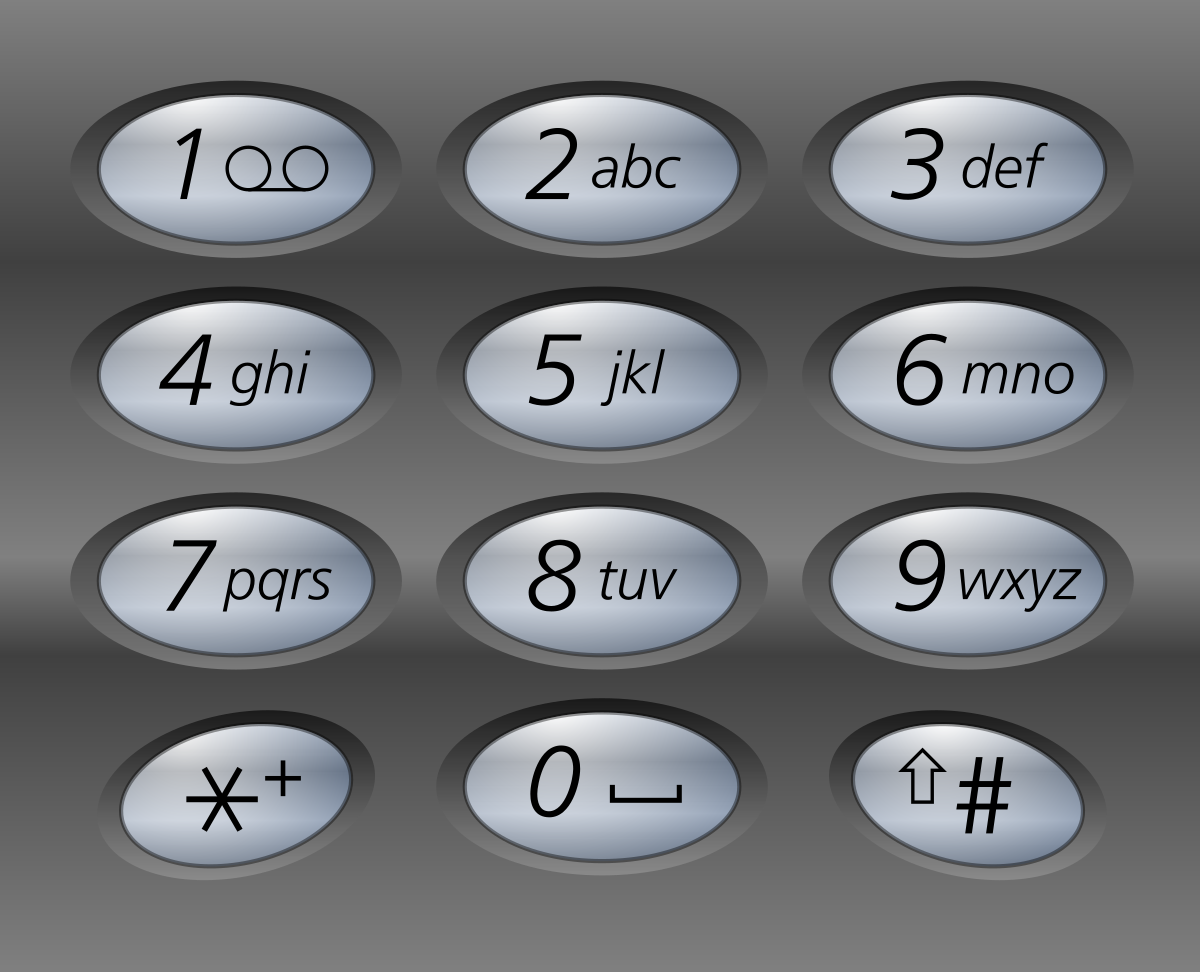Leetcode Day 19 - Backtracking: Combination
77 Combinations | 216 Combination Sum III |17 Letter Combinations of a Phone Number
Backtracking Algorithm
| Diff | Problem | Python | Java |
|---|---|---|---|
 | 77 Combinations | ✅ | |
 | 216 Combination Sum III | ✅ | |
 | 17 Letter Combinations of a Phone Number | ✅ |
Combinations
Given two integers n and k, return all possible combinations of k numbers chosen from the range [1, n].
You may return the answer in any order.
Example 1
1
2
3
4
Input: n = 4, k = 2
Output: [[1,2],[1,3],[1,4],[2,3],[2,4],[3,4]]
Explanation: There are 4 choose 2 = 6 total combinations.
Note that combinations are unordered, i.e., [1,2] and [2,1] are considered to be the same combination.
Example 2
1
2
3
Input: n = 1, k = 1
Output: [[1]]
Explanation: There is 1 choose 1 = 1 total combination.
Solution
Python
1
2
3
4
5
6
7
8
9
10
11
12
13
14
15
16
17
class Solution(object):
def combine(self, n, k):
result = []
nums = [i for i in range(1, n + 1)]
print(nums)
def comb(group,nums,k):
if k == 1:
for num in nums:
result.append(group + [num])
return
for i in range(len(nums)):
comb(group + [nums[i]], nums[i + 1:], k - 1)
comb([],nums,k)
return result
Similar Questions
| Diff | Similar Questions | Python | Java |
|---|---|---|---|
 | 39 Combination Sum3 | ||
 | 46 Permutations4 |
Combination Sum III
Find all valid combinations of k numbers that sum up to n such that the following conditions are true:
- Only numbers
1through9are used. - Each number is used at most once.
Return a list of all possible valid combinations. The list must not contain the same combination twice, and the combinations may be returned in any order.
Example 1
1
2
3
4
5
Input: k = 3, n = 7
Output: [[1,2,4]]
Explanation:
1 + 2 + 4 = 7
There are no other valid combinations.
Example 2
1
2
3
4
5
6
7
Input: k = 3, n = 9
Output: [[1,2,6],[1,3,5],[2,3,4]]
Explanation:
1 + 2 + 6 = 9
1 + 3 + 5 = 9
2 + 3 + 4 = 9
There are no other valid combinations.
Example 3
1
2
3
4
Input: k = 4, n = 1
Output: []
Explanation: There are no valid combinations.
Using 4 different numbers in the range [1,9], the smallest sum we can get is 1+2+3+4 = 10 and since 10 > 1, there are no valid combination.
Solution
Python
1
2
3
4
5
6
7
8
9
10
11
12
13
14
15
16
17
18
19
class Solution(object):
def combinationSum3(self, k, n):
nums = [i for i in range(1,10)]
result = []
def comb(group,nums, k, n):
if len(nums) == 0 or nums[0] > n:
return
if k == 1 and n in nums:
result.append(group + [n])
for i in range(len(nums)):
if nums[i] > n:
break
comb(group + [nums[i]], nums[i+1:],k - 1, n - nums[i])
comb([],nums,k,n)
return result
Letter Combinations of a Phone Number
Given a string containing digits from 2-9 inclusive, return all possible letter combinations that the number could represent. Return the answer in any order.
A mapping of digits to letters (just like on the telephone buttons) is given below. Note that 1 does not map to any letters.
Example 1
1
2
Input: digits = "23"
Output: ["ad","ae","af","bd","be","bf","cd","ce","cf"]
Example 2
1
2
Input: digits = ""
Output: []
Example 3
1
2
Input: digits = "2"
Output: ["a","b","c"]
Solution
Python
1
2
3
4
5
6
7
8
9
10
11
12
13
14
15
16
17
18
19
20
class Solution(object):
def letterCombinations(self, digits):
phone = {'2':['a','b','c'],'3':['d','e','f'],'4':['g','h','i'],'5':['j','k','l'],'6':['m','n','o'],'7':['p','q','r','s'],'8':['t','u','v'],'9':['w','x','y','z']}
result = []
nums = list(digits)
def comb(i,string):
if len(nums) == i:
return
if len(nums) == i + 1:
for c in phone[nums[i]]:
result.append(string + c)
for c in phone[nums[i]]:
comb(i + 1,string + c)
comb(0,"")
return result
Similar Questions
| Diff | Similar Questions | Python | Java |
|---|---|---|---|
 | 3014 Minimum Number of Pushes to Type Word I9 | ||
 | 3016 Minimum Number of Pushes to Type Word II10 | ||
 | 2266 Count Number of Texts11 | ||
 | 22 Generate Parentheses12 |
Reference
Leetcode-77 Combinations: https://leetcode.com/problems/combinations/description/. ↩︎
代码随想录-组合: https://programmercarl.com/0077.组合.html. ↩︎
Leetcode-39 Combination Sum: https://leetcode.com/problems/combination-sum/description/. ↩︎
Leetcode-46 Permutations: https://leetcode.com/problems/permutations/description/. ↩︎
Leetcode-216 Combination Sum III: https://leetcode.com/problems/combination-sum-iii/description/. ↩︎
代码随想录-组合总和III: https://programmercarl.com/0216.组合总和III.html. ↩︎
Leetcode-17 Letter Combinations of a Phone Number: https://leetcode.com/problems/letter-combinations-of-a-phone-number/description/. ↩︎
代码随想录-电话号码的字母组合: https://programmercarl.com/0017.电话号码的字母组合.html. ↩︎
Leetcode-3014 Minimum Number of Pushes to Type Word I: https://leetcode.com/problems/minimum-number-of-pushes-to-type-word-i/description/. ↩︎
Leetcode-3016 Minimum Number of Pushes to Type Word II: https://leetcode.com/problems/minimum-number-of-pushes-to-type-word-ii/description/. ↩︎
Leetcode-2266 Count Number of Texts: https://leetcode.com/problems/count-number-of-texts/description/. ↩︎
Leetcode-22 Generate Parentheses: https://leetcode.com/problems/generate-parentheses/. ↩︎
